Related Movies
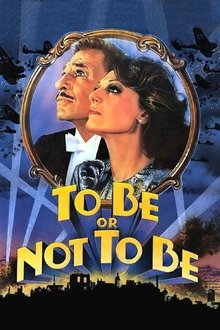
To Be or Not to Be (1983)
A bad Polish actor is just trying to make a living when Poland is invaded by the Germans in World War II. His wife has the habit of entertaining young Polish officers while he's on stage, which is also a source of depression to him. When one of her officers comes back on a Secret Mission, the actor takes charge and comes up with a plan for them to escape.
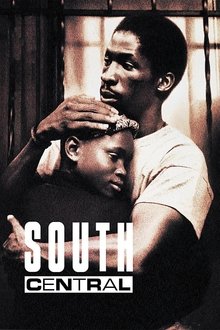
South Central (1992)
During a 10-year sentence for murdering the leader of a rival South Central Los Angeles gang, Bobby Johnson finds religion and rehabilitation with the help of Muslim inmate Ali. Upon his release, Bobby returns home to find that his young son, Jimmie, has joined the Deuces, his old crew. Tensions rise as Bobby struggles to convince Jimmie to leave the gang that was his only family during the painful years his absent father spent behind bars.
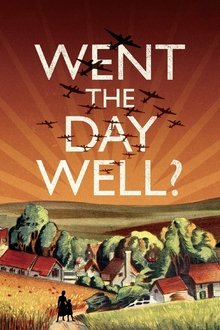
Went the Day Well? (1942)
The quiet village of Bramley End is taken over by German troops posing as Royal Engineers. Their task is to disrupt England's radar network in preparation for a full scale German invasion. Once the villagers discover the true identity of the troops, they do whatever they can to thwart the Nazis plans.
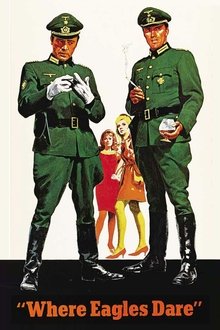
Where Eagles Dare (1968)
World War II is raging, and an American general has been captured and is being held hostage in the Schloss Adler, a Bavarian castle that's nearly impossible to breach. It's up to a group of skilled Allied soldiers to liberate the general before it's too late.
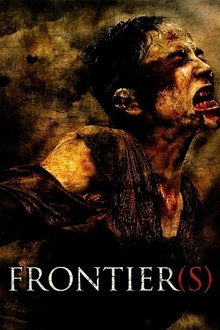
Frontier(s) (2007)
A gang of young thieves flee Paris during the violent aftermath of a political election, only to hole up at an Inn run by neo-Nazis.

The Doom Generation (1995)
Jordan White and Amy Blue, two troubled teens, pick up an adolescent drifter, Xavier Red. Together, the threesome embarks on a sex- and violence-filled journey through a United States of psychos and quickie marts.
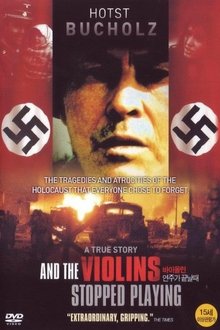
And the Violins Stopped Playing (1988)
This is the true story about a group of Romani's (gypsy) in occupied Poland during World War II as they confront the atrocities and tragedies of a forgotten holocaust.
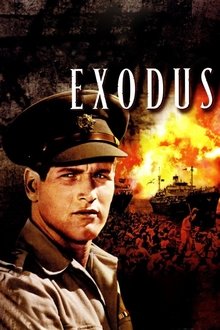
Exodus (1960)
Ari Ben Canaan, a passionate member of the Jewish paramilitary group Haganah, attempts to transport 600 Jewish refugees on a dangerous voyage from Cyprus to Palestine on a ship named the Exodus. He faces obstruction from British forces, who will not grant the ship passage to its destination.
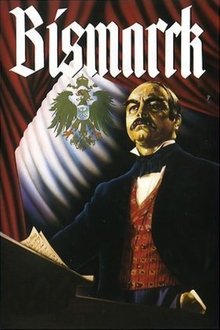
Bismarck (1940)
A biographical film of Otto von Bismarck, the Prime Minister of Prussia, and how he and his policies - including aggressive war - helped to unite Germany.

Love Life (2007)
A married young academic falls under the sexual thrall of a much older man whose air of jaded ennui conceals a secret desire for vengeance.
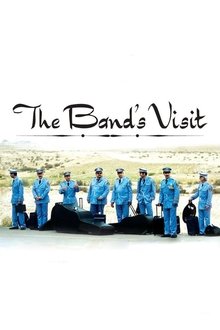
The Band's Visit (2007)
A small Egyptian police band travels to Israel to play at the inaugural ceremony of an Arab arts center, only to find themselves stuck in the wrong town.

Salò, or the 120 Days of Sodom (1976)
Four corrupted fascist libertines round up 9 teenage boys and girls and subject them to 120 days of sadistic physical, mental and sexual torture.

Vera (2022)
Vera has young woman as the main heroine, who is in the jaws of the war spy network in WW2 and also of the patriarchal society in the Balkans with full of powerful, arrogant men with whom she deals bravely and arrogantly.
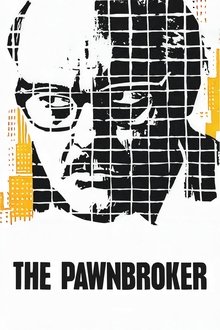
The Pawnbroker (1965)
A Jewish pawnbroker, a victim of Nazi persecution, loses all faith in his fellow man until he realizes too late the tragedy of his actions.
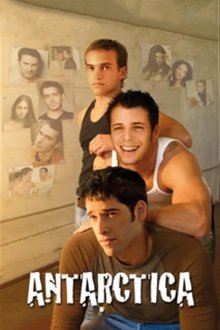
Antarctica (2008)
Set in Tel Aviv, focuses on an interconnected group of friends and their various relationships. At the center is the adorably bookish Omer, about to turn 30, who still hasn't found himself, and his free-spirited best friend Miki, who both end up inadvertently dating the same handsome journalist, Ronen.

Ilsa: She Wolf of the SS (1975)
Ilsa, a warden at a Nazi death camp that conducts experiments on prisoners, strives to prove that women can withstand more pain and suffering than men, and therefore should be allowed to fight on the frontlines.
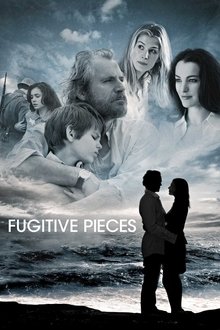
Fugitive Pieces (2008)
A child escapes from Poland during World War II and first heads to Greece before coming of age in Canada.
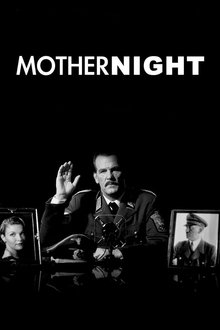
Mother Night (1996)
An American spy behind the lines during WWII serves as a Nazi propagandist, a role he cannot escape in his future life as he can never reveal his real role in the war.
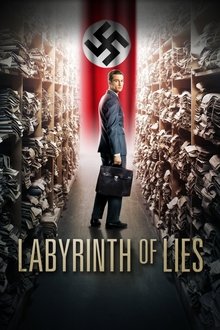
Labyrinth of Lies (2014)
A young prosecutor in postwar West Germany investigates a massive conspiracy to cover up the Nazi pasts of prominent public figures.
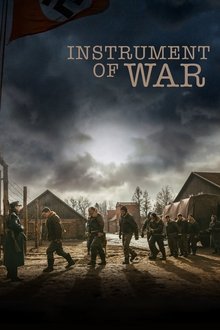
Instrument of War (2017)
When U.S. B-24 bomber pilot Clair Cline is shot down and captured in northern Germany, one war ends and another begins -- to keep hope alive. Now behind Nazi barbed wire and oppression, Cline and his fellow POW's must find a way to bond together to not just survive but transcend their captivity. Inspired by true events.